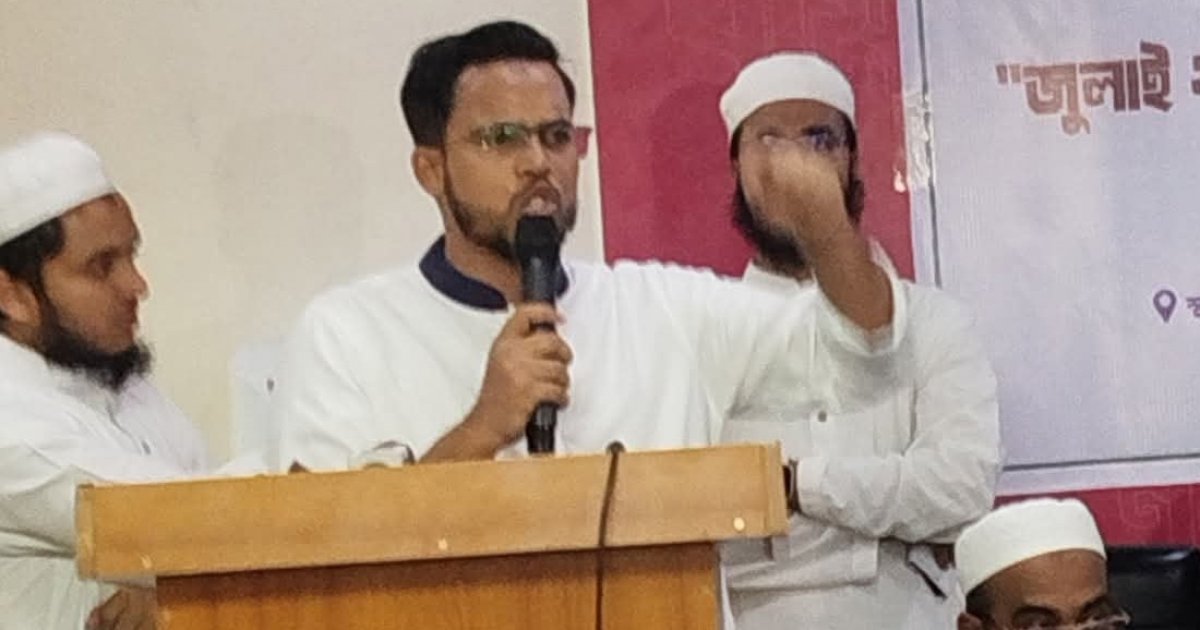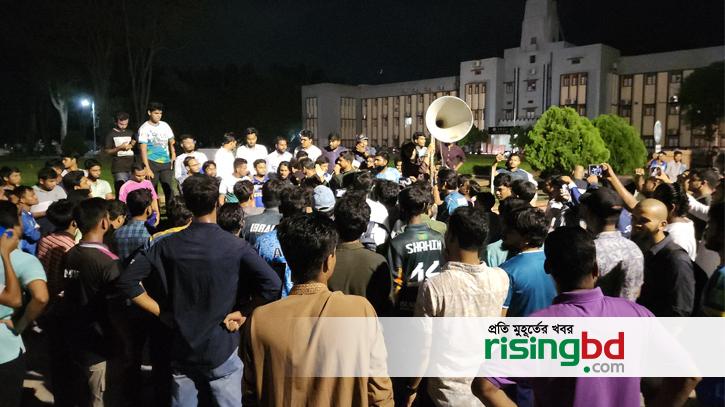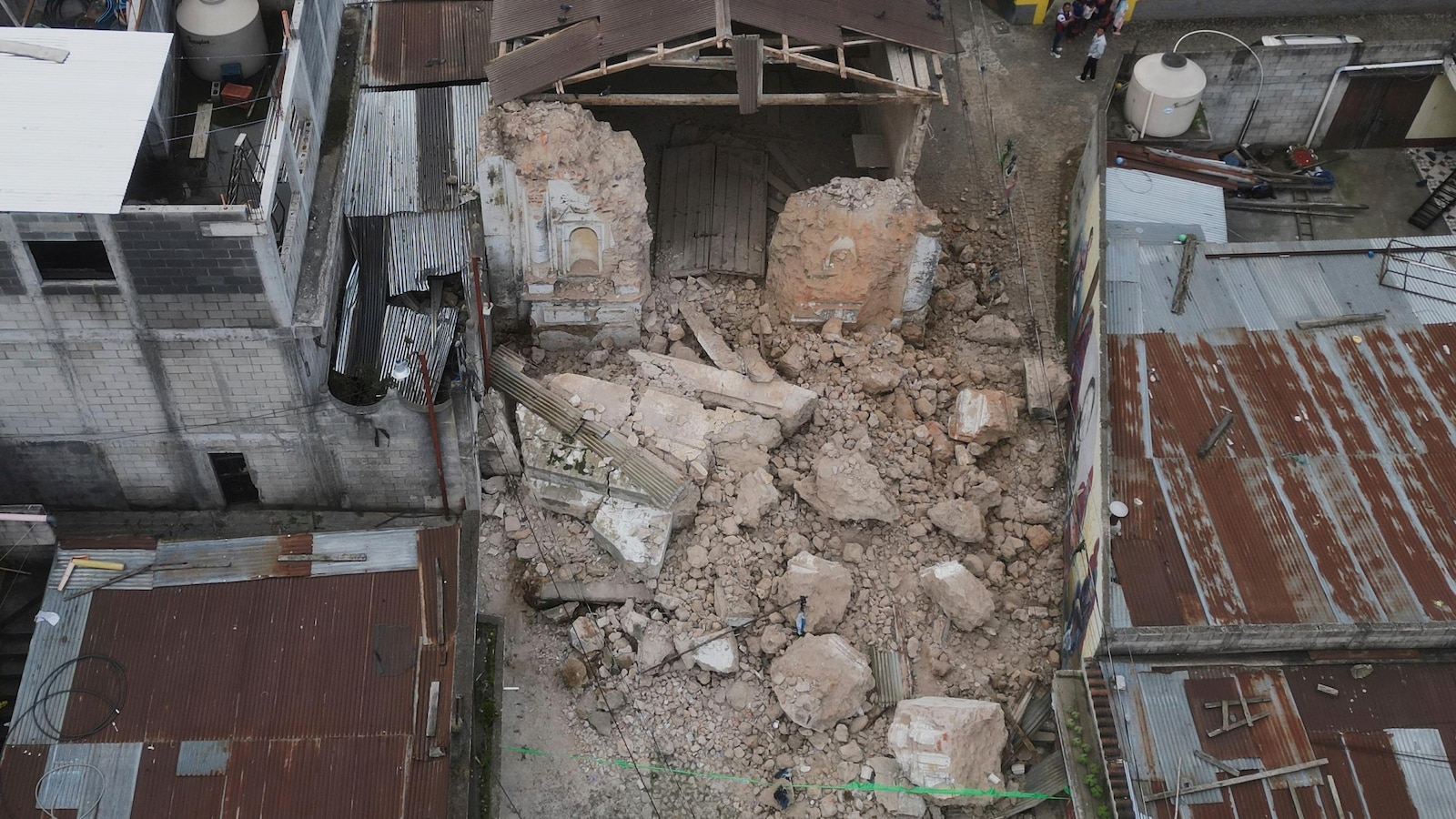In a bold and high-stakes diplomatic move, German Chancellor Friedrich Merz has publicly called on US President Donald Trump to authorize additional deliveries of Patriot missile defense systems to Ukraine, intensifying transatlantic pressure over the future of Western military support in the ongoing conflict with Russia.
Speaking at a security policy conference in Rome on July 10, Merz reiterated Berlin’s strong commitment to Ukraine’s defense and urged Washington to match Europe’s ongoing military contributions. He emphasized that Germany is prepared to purchase US-made Patriot systems outright for the explicit purpose of transferring them to Ukraine, a country that has consistently pleaded for greater air defense support amid relentless Russian missile strikes.
Chancellor Merz’s remarks mark a significant departure from Berlin’s historically cautious approach to military engagement. Since taking office earlier this year, Merz has pursued an assertive foreign policy stance, pledging to bolster Germany’s role as a leader in European security and pushing for increased military aid to Ukraine.
“We are in close contact with the American government and President Trump,” Merz said in Rome. “Germany is ready to buy Patriot systems from the US to make them available to Ukraine. We know the US needs many for their own defense, but we also understand that there are still a considerable number in stock, and this is a matter of political will.”
Merz’s framing of the issue underscores growing European frustration with the Trump administration’s Ukraine policy. Since returning to the White House in January, Trump has halted the approval of new aid packages to Kyiv, insisting that further assistance must come with direct strategic or economic benefits for the United States. Although the Pentagon temporarily paused shipments of air defense missiles and precision-guided munitions earlier this month, some deliveries resumed this week, likely in response to pressure from both European allies and members of Congress.
President Trump has made no secret of his skepticism toward what he calls “blank-check diplomacy” regarding Ukraine. While acknowledging the effectiveness of the Patriot system – which costs around $1 billion per battery – Trump has repeatedly voiced concern over the cost, production limits, and long-term returns for the US.
“It’s a shame that we have to spend so much money on this,” Trump said during a press conference earlier this month. “The Patriots are very rare and very expensive. We simply cannot produce them in the quantities needed right now. That’s a reality.”
His administration has prioritized military readiness at home and has been reluctant to deplete US stockpiles, even for allies. Trump’s America First policy, which was central to his 2016 and 2024 campaigns, appears to be reasserting itself on the global stage, much to the dismay of traditional allies like Germany and France.
Ukrainian President Volodymyr Zelensky has repeatedly appealed for additional Patriot batteries as Russian missile and drone attacks continue to cripple energy infrastructure, residential areas, and military targets across the country. Ukraine currently has only a handful of Patriot systems deployed and has warned that its air defense coverage remains dangerously inadequate.
Zelensky’s government has praised Germany’s initiative to fund additional missile systems but has also signaled its frustration with the slow pace of US military aid.
“We are grateful to Germany for its unwavering support,” Ukrainian Foreign Minister Dmytro Kuleba said in a recent statement. “But we need Washington’s full partnership to defend our skies. Patriot missiles save lives.”
Predictably, Merz’s comments were met with outrage in Moscow. On July 11, Russian Foreign Minister Sergey Lavrov accused the German chancellor of choosing “the military path” over diplomacy and warned that Germany was escalating the conflict to dangerous new heights.
“If Mr. Merz believes that the options for peace are depleted, he has likely chosen to fully commit himself to the militarization of Germany at the expense of his own people,” Lavrov said. “He has made no secret of his ambition to reestablish Germany as Europe’s dominant military power. This is a troubling development.”
Lavrov’s comments reflect a broader Russian narrative that blames NATO expansion and Western arms shipments for prolonging and intensifying the war. Moscow has insisted that foreign weapon deliveries will not alter the outcome of the conflict but will increase destruction and civilian suffering.
While Merz’s push aligns with NATO’s broader policy of sustained military support to Ukraine, not all European nations are on the same page. Some member states remain wary of provoking a larger confrontation with Russia and are struggling with the domestic political fallout of prolonged defense expenditures.
Nevertheless, Merz’s leadership suggests that Germany is positioning itself as the primary engine of European military aid to Ukraine – a role long held by the United States. With Washington wavering under Trump’s transactional foreign policy doctrine, Berlin appears ready to fill the vacuum.
Whether this gamble will yield meaningful changes in US policy remains uncertain. While some Republican lawmakers and Pentagon officials support continued aid to Ukraine, the Trump administration’s priorities seem firmly rooted in domestic concerns and fiscal restraint.
Chancellor Merz’s appeal to President Trump underscores the rapidly changing dynamics of transatlantic relations. Europe, long reliant on American military backing, is being forced to reassess its own capabilities and commitments amid growing US reluctance.
If Trump continues to stall on delivering additional Patriots to Ukraine, Merz’s Germany may well emerge as the new leader of Western defense aid – a symbolic shift that could redefine the balance of power within NATO and reshape the future of the war in Ukraine.
The question now is whether Washington will remain a reluctant partner or recommit itself to the cause it once championed. For Kyiv, the answer may determine the survival of its cities, infrastructure, and sovereignty.
Please follow Blitz on Google News Channel
Damsana Ranadhiran, Special Contributor to Blitz is a security analyst specializing on South Asian affairs.
germany-pressures-trump-for-more-patriot-missiles-for-ukraine















Leave a Reply